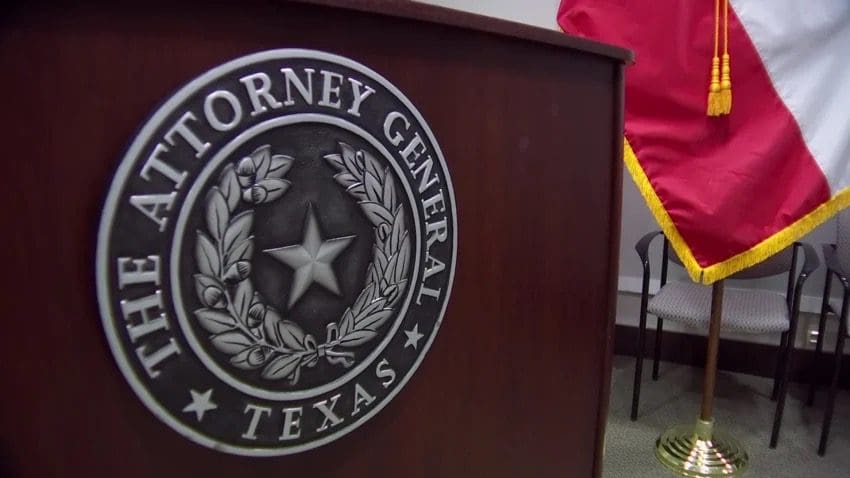In the wake of the regular legislative session, many bills have been sent to their graves.
One of those bills is House Bill 1441 by State Rep. Matt Schaefer (R–Tyler), requiring the state’s burden of proof in certain asset forfeiture proceedings.
Asset forfeiture is used by law enforcement to seize cash, personal belongings, assets, or property based on the belief that the property is involved or perhaps involved in criminal activity. In the current system, very little proof is required from law enforcement, and seized assets often provide funding for the agency.
HB 1441 would have shifted the burden of proof to the state in civil asset forfeiture cases where the owner of the property was not involved in the crime, emphasizing the need for convincing evidence.
When presenting HB 1441 to the House Criminal Jurisprudence Committee in March, Schaefer stated, “Private property rights are essential to freedom. We need to take resources away from individuals in a criminal enterprise, but what we have in the state of Texas has a framework that goes against the citizens of Texas and, in the state of Texas, does not require a warrant to make a forfeiture.”
Though there was overwhelming support from the House—with only four members voting against the proposal on April 23—the Senate did not get to vote on the bill. In mid-May, it was referred to the Senate Jurisprudence Committee and made no movement thereafter.
Asset forfeiture reform has been an ongoing issue for the past few years, as there are very few requirements for legal proof before property is seized.
Both the Republican Party of Texas platform, as well as the Texas Democrat Party platform, call for the end of civil asset forfeiture before a criminal conviction.
Three other asset forfeiture bills also died this session, left pending after committee hearings in the House.





